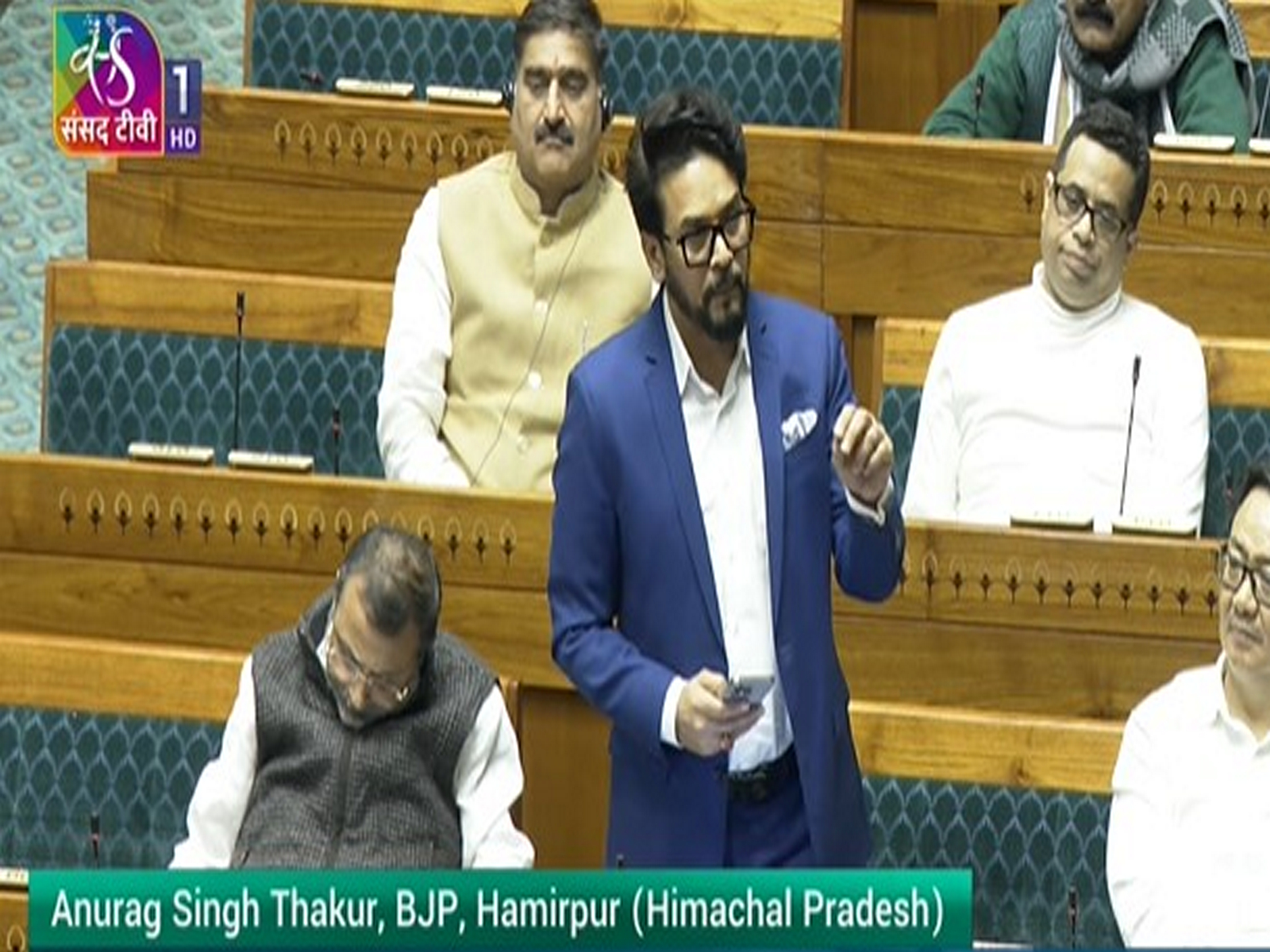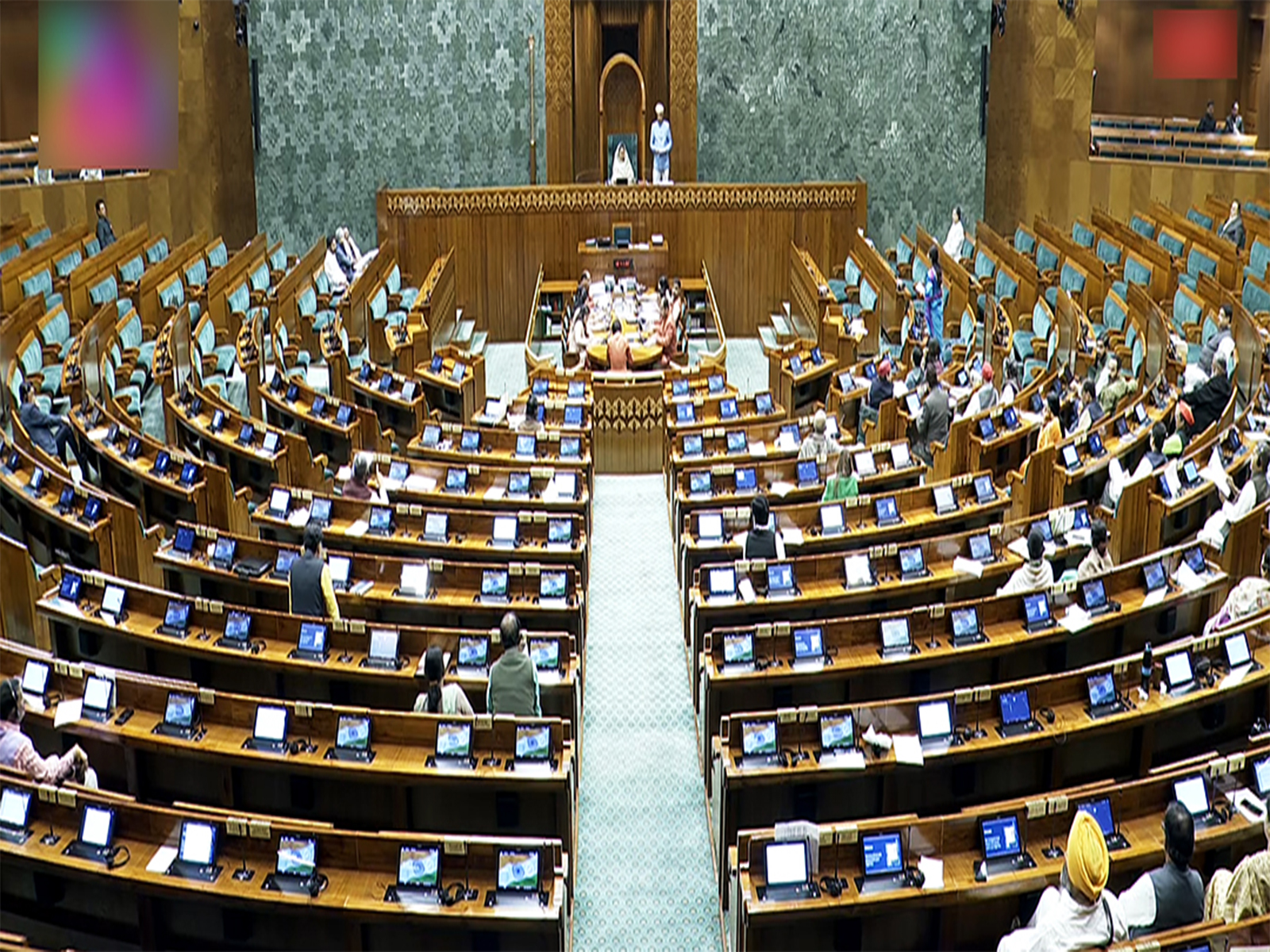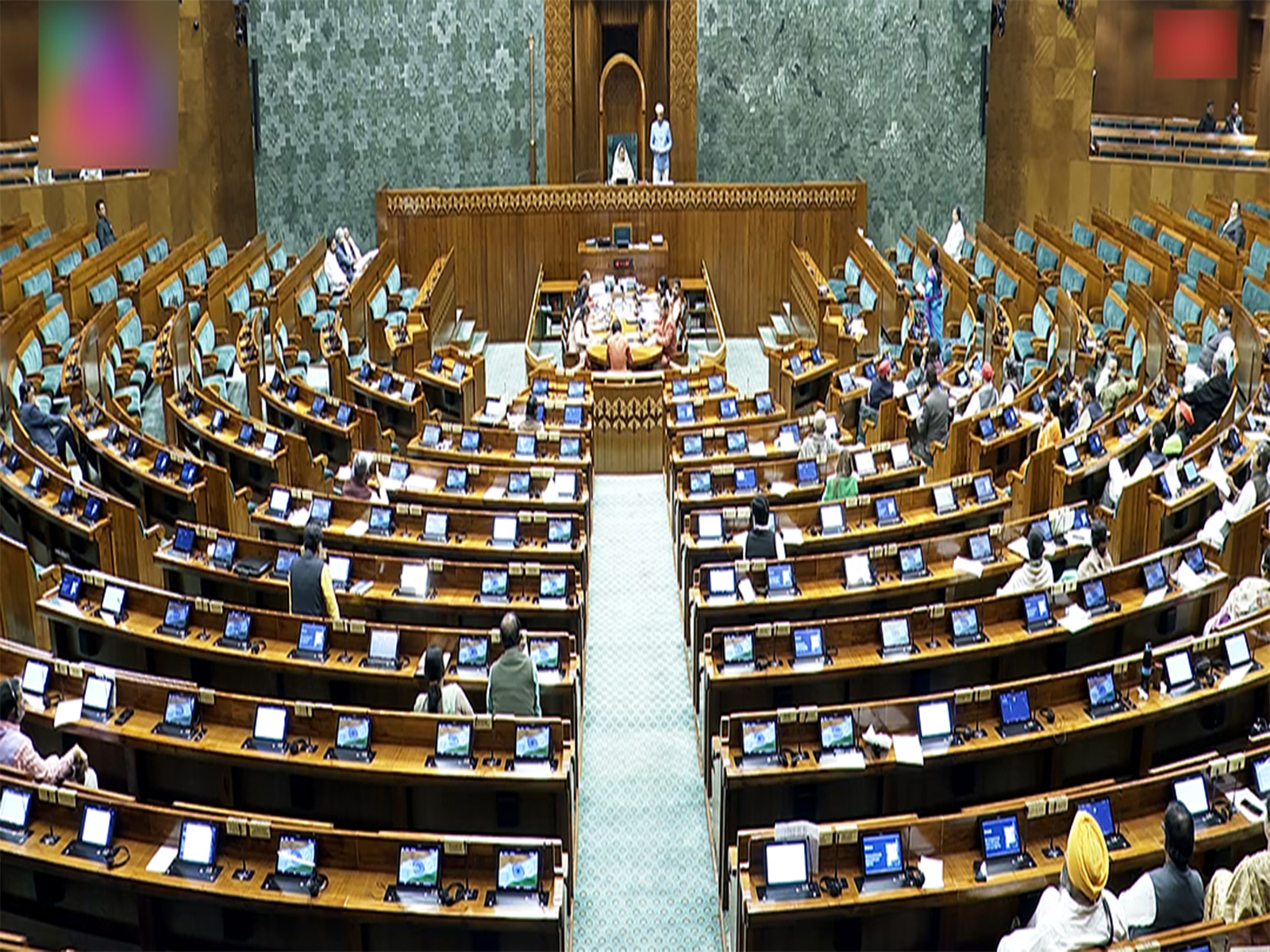LS passes bill to establish carbon markets, bring large residential buildings within energy conservation regime
Aug 08, 2022

New Delhi [India], August 8 : The Lok Sabha on Monday passed a bill that seeks to mandate use of non-fossil sources, including green hydrogen, green ammonia, biomass and Ethanol for energy and feedstock and establish carbon markets.
The Energy Conservation (Amendment) Bill, 2022 was passed after a reply by Power Minister RK Singh.
The bill seeks to amend the Energy Conservation Act, 2001.
The Energy Conservation Act, 2001 was amended in 2010 to address various new factors which emerged with the development of the energy market over a period of time and to provide for more efficient and effective use of energy and its conservation.
The minister said that with the passage of time, and in the context of the energy transition with a special focus on the promotion of new and renewable energy and the National Green Hydrogen Mission, a need has arisen to further amend the said Act to facilitate the achievement of "Panchamrit"-- as five nectar elements presented by India in COP-26 (Conference of Parties -26) in Glasgow 2021 and to promote renewable energy and development of domestic Carbon market to battle climate change.
The objects and reasons of the bill says that there is also a need to introduce new concepts such as Carbon trading and mandate the use of non-fossil sources to ensure faster decarbonization of the Indian economy and help in achieving sustainable development goals in line with the Paris Agreement and various other actions related to climate change.
The objects and reasons also state that it is considered necessary to have legal provisions to prescribe minimum consumption of non-fossil energy sources as energy or feedstock by the designated consumers.
This will help in the reduction of fossil fuel-based energy consumption and resultant carbon emissions to the atmosphere. Similarly, a need is also felt to provide a legal framework for a carbon market with the objective of incentivizing actions for emission reduction leading to increased investments in clean energy and energy efficiency areas, by the private sectors.
The Energy Conservation (Amendment) Bill, 2022 "seeks to mandate use of non-fossil sources, including Green Hydrogen, Green Ammonia, Biomass and Ethanol for energy and feedstock" and establish Carbon Markets.
It seeks to bring large residential buildings within the fold of the Energy Conservation regime, enhance the scope of the Energy Conservation Building Code and amend penalty provisions.
The bill also seeks to increase members in the Governing Council of the Bureau of Energy Efficiency and empower the State Electricity Regulatory Commissions to make regulations for smooth discharge of its functions.

















